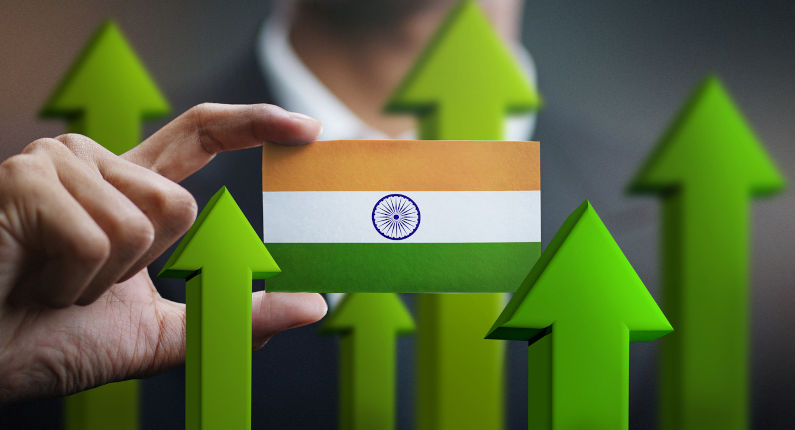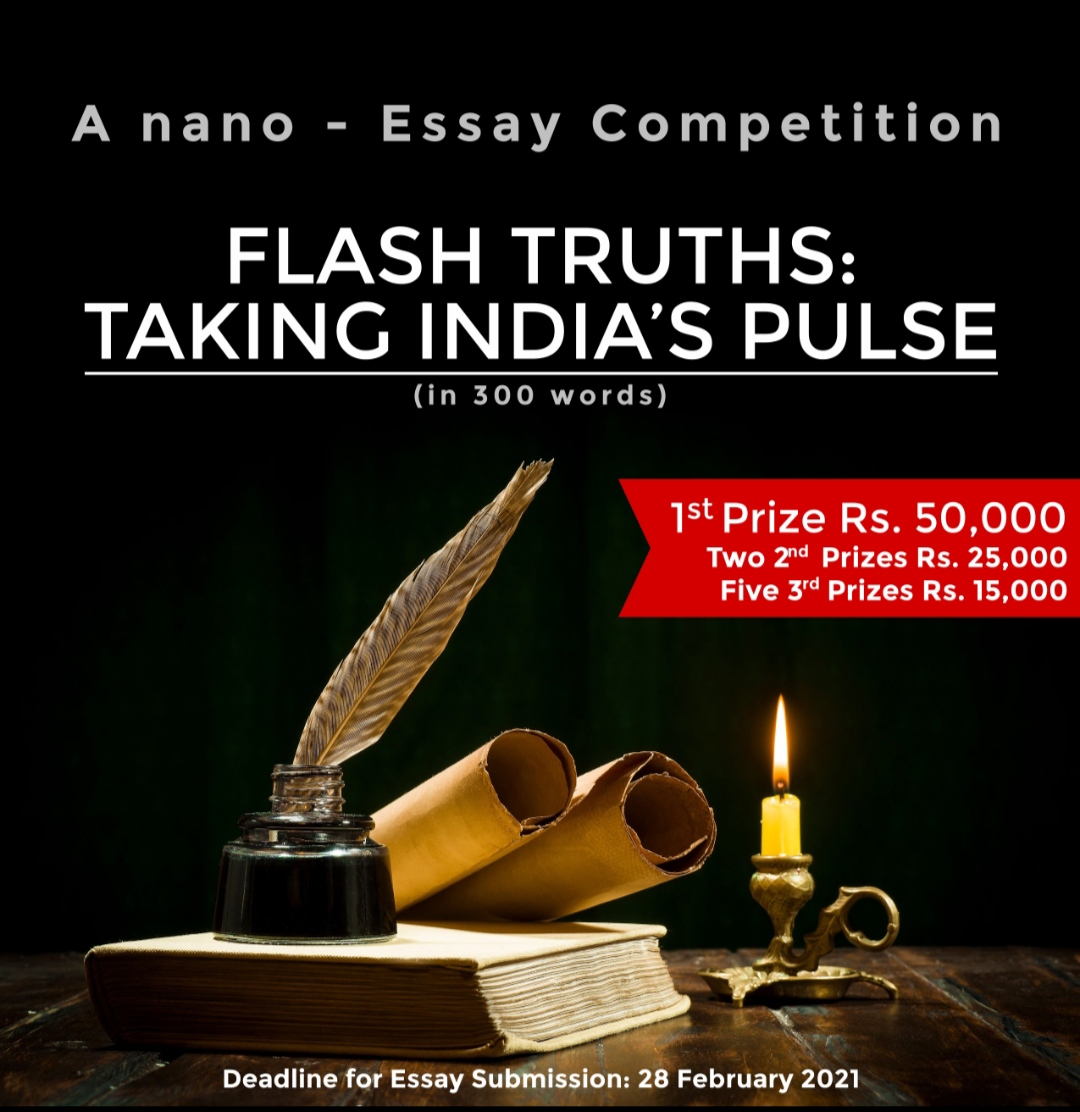
By Rakesh Ahuja
Feb 27, 2024
When do shared values become shared interests? Australia’s relations with India have accelerated exponentially. The nearly century-long pattern of discovery and rediscovery of India by the Australian polity is now history. Durable knots are being tied across the spectrum of political, economic, and social issues.
No one-night stands anymore.
It is all so reminiscent of the unbounded enthusiasm with which Australia embraced China from the 1970s onwards. Huge economic dividends flowed, lubricated by selective kowtowing with the expectation of China incrementally adopting Western values for domestic and international conduct. Instead, today, a ‘belligerent’ China confronts us.
Does that offer a lesson to Australia as it hugs India? It is time to take stock of the significant factors which are forging the relationship.
Apart from the Indonesian (Feb 14) and the US (Nov 24) elections, the outcome of the Indian national elections in April-May stands out as being consequential for Australia’s well-being. Australians need to understand what India’s choice might mean for them.
Narendra Modi’s Bharatiya Janata Party (BJP) government has been in power since 2014. Its unabashedly ideological objective is to turn India into a Hindu Rashtra (nation). Over the past decade, Modi has been orchestrating a stealthy cultural revolution towards that end. The very tenets of democratic principles and practices since independence in 1947, including secularism, are being reset by his Hindu majoritarian Government.
Modi’s Hindutva (Hindu-centric nationalism) functionaries are infiltrating the existing constitutional democratic framework in India by capturing the innards of institutions that guarantee its existence as part of constitutional checks and balances: the Parliament, judiciary, law and order instrumentalities, the Election Commission, and Federal/State financial mechanisms. With a few exceptions, mainstream media houses owned by BJP cronies are now merely Modi’s lapdogs. Muzzling of dissent is par for the course.
Expectations are that Modi will return to power for a third (five-year) term on the back of an increased share of votes from the over 70% Hindu Indian electorate. If so, the BJP would be emboldened to intensify its quest for a theocratic Hindu nation.
Modi’s objective is unsubtle: To display a democratic façade for Western audiences to laud, but for his right-wing Hindu nationalist zealots to tightly control its functioning at the ground level.
A brick-by-brick erosion of democratic spirit and values is in the offing to be replaced by “Guided Democracy”. (The Washington-based Freedom House ranks India as “partly free”.) Perhaps even a new Constitution may be unveiled. Australia (and the Western comity) must be prepared for the metamorphosis of what Modi, with Trumpian hypocrisy, calls the “Mother of Democracy” into the largest theocracy in the world.
Presumably, the awareness of these developments in India has prompted Foreign Minister Penny Wong to switch the emphasis of the narrative on strengthening relations with India from being based on shared “values” to shared “interests”.
Above all, this acknowledges that Australia’s economic interests are at the core of the bilateral relationship. India is now the fifth-largest, fastest-growing economy in the world. Irrespective of what political and social structure evolves there, Australia must aim to become an indispensable economic partner for India. Australia has dealt with elected autocracies and outright dictatorships before in pursuit of its trade interests.
Second, the accelerating bilateral defence arrangements between the two middle powers are vital to protect respective security interests in the uncertain Indo-Pacific region. However, India’s foreign policy lodestar, strategic autonomy, means that India is a partner, not a “one for all, all for one” ally. Inevitably, therefore, the depth and longevity of its commitment to any one issue must never be over-assumed. For instance, it is hardly conceivable that India, sharing a 3500km border with China, would join fellow Quad members Australia, Japan and the US in a conflict with China in Taiwan or Korea. Or participate in security operations, beyond anti-piracy and such like, in the South China Sea.
Third, while the million-strong Indian diaspora’s positive contribution to various facets of Australian life is self-evident, actions and perspectives of some elements can potentially disrupt bilateral ties.
This aspect will increasingly require management with nuanced discretion. A core plank of Modi’s foreign policy arsenal is to ride on the back of the Indian diaspora to influence Western policies towards India. There is often a thin line between the overt and the covert. Chinese covert influence in the multicultural West’s domestic political discourse is well documented. Notably, Canada is concerned about India engaging in “foreign interference” activities.
The politicisation of the diaspora by Modi extends to drawing them into political campaigning in India itself. Inevitably, therefore, ideological and social conflicts stemming from its goal of the Hindu renaissance back in India will spill over into Australian civic discourse.
Already, Hindu/Muslim and Hindu/Sikh conflicts, faintly reminiscent of the riots in Leicestershire and other English counties last year, are visible. Even caste discrimination is creating discordance in the Indian workplaces between the BJP upper-caste acolytes and lower-caste immigrants.
The bottom line is that the Australia-India relationship will continue to be shaped by hard-edged economic interests; a blend of permanent and transient security interests, occasionally aligned, while at other times, divergent; and the implications of the ideological and cultural baggage Indian migrants bring to its shores.
India is at a crossroads. The 2024 elections will occur in an unprecedentedly polarised nation. Their outcome will determine the domestic political and social path India will take. The last time it did so was in 1947, when India adopted a Western-style democracy with Indian characteristics.
Australia’s engagement with India is vital for its strategic and economic interests in the Indo-Pacific region. It is a worthwhile bet, but getting India right is a challenge. Over 75 years, bilateral relations have swung from open animosity to aloof indifference and again to today’s uncritical exuberance.
However, the prospect of the autocratic Modi regime securing a reiterated electoral mandate will inevitably spark discords over human rights and democratic values. A lay down misère cannot be declared yet.
RAKESH AHUJA
Rakesh Ahuja, a former Australian diplomat, is a Cultural Intelligence (CQ) Consultant. Professional Background: RakeshAhuja.DownloadingMyMind.com



